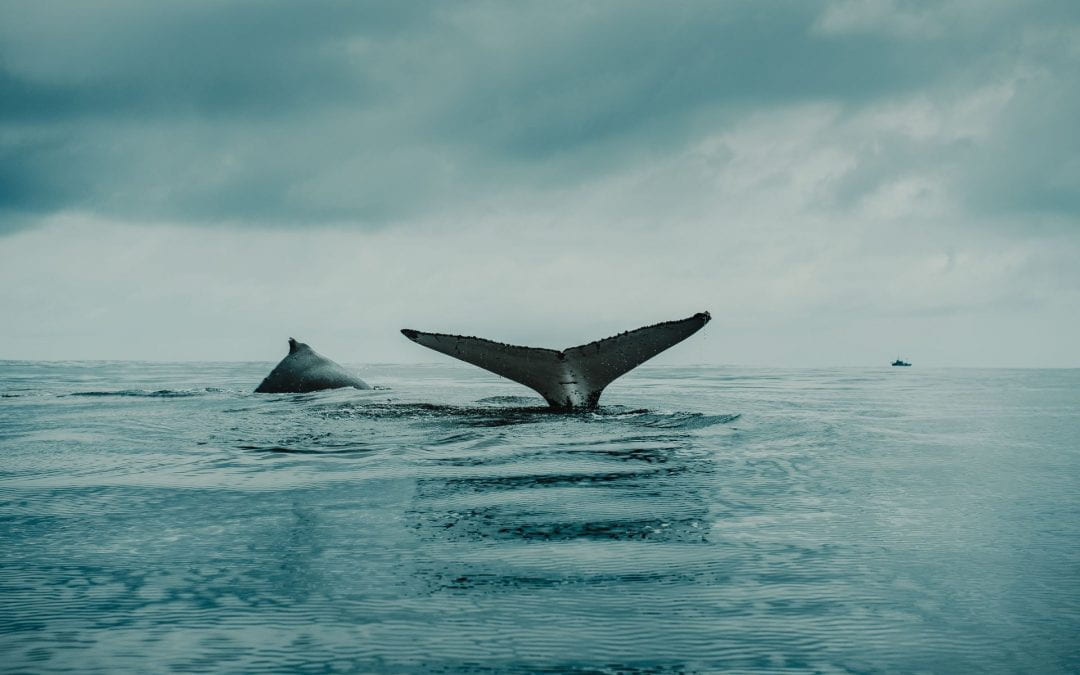Statistics is all about making sense of data. The ecological sciences are a statistician’s paradise, continually generating new types of data that need to be made sense of, due to a surge in innovative technologies for studying the populations and behaviour of wild animals.
Imagine if kiwi populations could be monitored simply by leaving microphone recorders in the forest for weeks, taking them back to base … and then what? Or if a few samples of DNA could reveal the launch pads of swimming rats invading sanctuary islands; or if whales could be monitored using photos from satellites? What has counting whales got to do with road traffic modelling? And how can New Zealand’s team of five million contribute to conservation analytics?
In her inaugural lecture at the University of Auckland, Professor Rachel Fewster will give a taste of the diversity of statistical problems in the ecological domain, introduce a charismatic cast of creatures, and give insights into how we can – sometimes – convert baffling volumes of data into interpretable conclusions.
Rachel Fewster is a Professor of Statistics at the University of Auckland. She works in all aspects of ecological statistics, from applied to mathematical, and runs the citizen science project CatchIT involving several thousand members of the New Zealand public.
This lecture was hosted by the Faculty of Science at the University of Auckland.
For more of our audio and visual content, check out our YouTube channel, or head to the University of Auckland’s manuscripts and archives collection.
Disclaimer: The ideas expressed in this lecture reflect the views of the lecturer and not necessarily the views of The Big Q.
You might also like:
How do we apply what we know about ape behaviour and ecology to conservation practice? ▶

